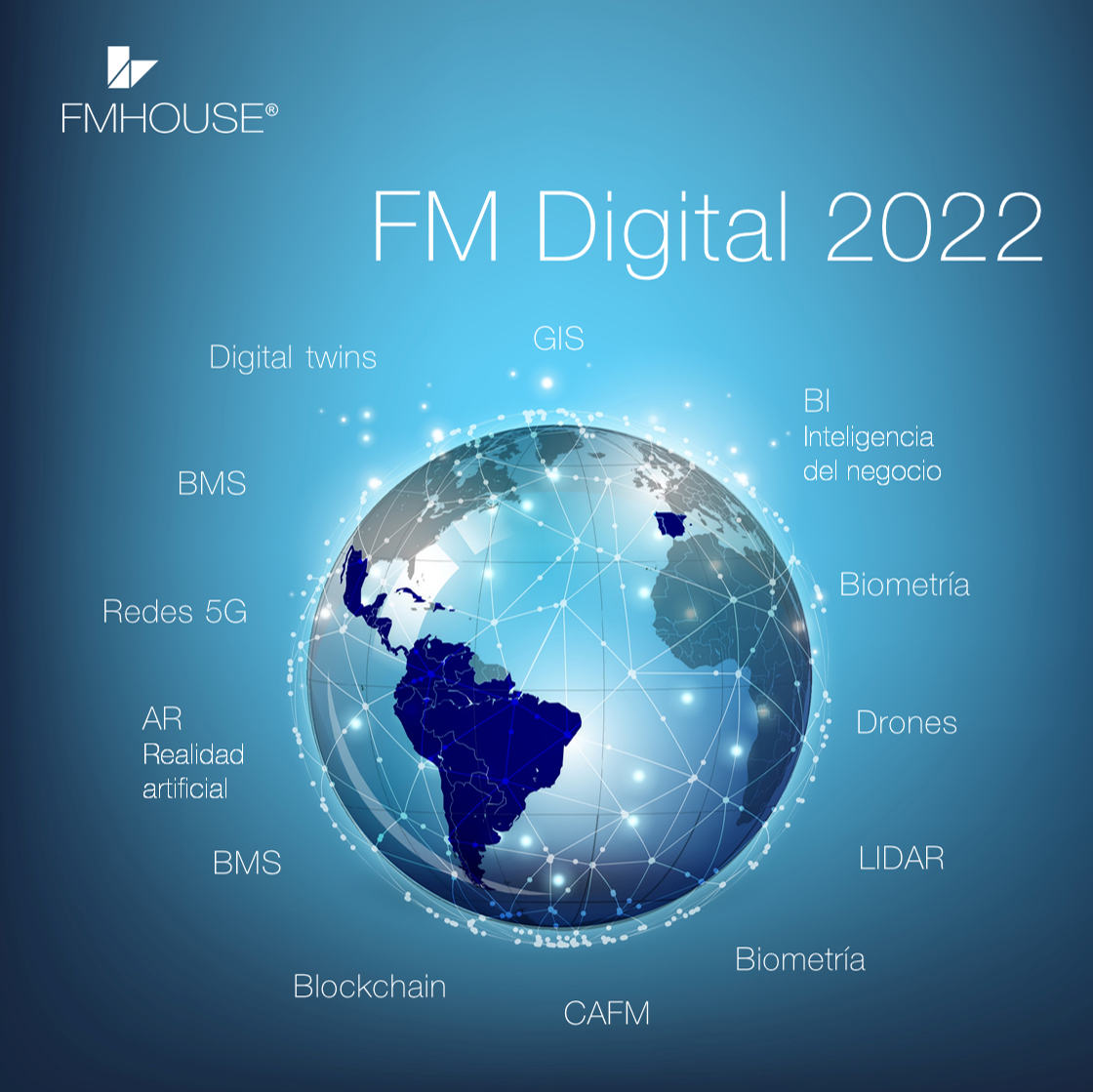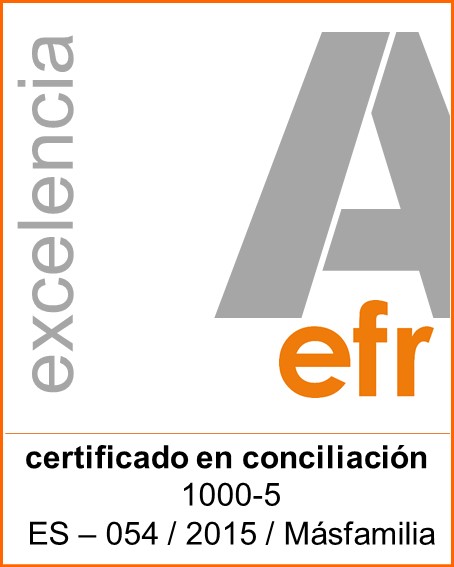The most extensive study of Facility Management digitalisation conducted at an international level is beginning to bear fruit. The project, which started with a European scope, having been funded by the EU, is now global, and has generated more than 4,000 responses from industry professionals in 102 countries. It is called FMgoesDIGI and has several goals.
The first objective is to assess the true state of the FM market in terms of digitalisation and to analyse its effect on the future qualifications or skills that professionals in the sector will require. The second is to obtain a list of recommendations regarding the use of emerging technologies which impact FM, and apply them to the education sector and to market practices themselves. Finally, we aim to develop more modern teaching and learning techniques that can be incorporated into degree or higher education courses in Facility Management or other related disciplines.
As partners in the project, we advocate extending it as much as possible to Latin America, and to that end, we are producing a series of national studies at the FM Observatory to enable each country to be contrasted with the overall results. There will be free access to all this data on the online library.
During the initial stages of the project, we studied different technologies that may potentially affect the future of the sector. Based on relevant criteria which suggest they will, and referencing those technologies which have been implemented in several real cases, these are the 25 finalists:
- 3D Scanning
- 3D Printing
- 5G network
- AMI – Advance Metering Infrastructure
- AR – Artificial Reality (augmented, virtual and mixed reality)
- BIM – Building Information Modelling
- Biometrics Systems
- Blockchain based tools
- BAS – Building Automatization Systems
- BMS – Building Management Systems
- Business Intelligence tools
- CAFM – Computer Assisted tools
- Digital Twins models
- Drones & Microdrones
- GD – Generative Design
- GIS – Geographic Information Systems
- Holograms
- Human Augmentation
- INS – Indoor Navigation Systems
- LIDAR – Laser Imaging Detection and Ranging
- Applications for Mobile Devices
- Remote Maintenance Services – Tele maintenance
- RFID – Radio Frequency Identification
- Robots
- VA – Virtual Assistants
On a global scale, the most voted were first BMs, then biometric systems and thirdly, mobile applications. The results interestingly revealed that some of the technologies which were expected to be more widespread, in fact, were not, whereas others that were not thought to be so common, are indeed so. Our aim was to see which are the most voted in Latin America. These are the results of those countries for which sufficient data has been gathered for comparison:
| Argentina | Biometría | BMS | APPs | |
| Brazil | Biometría | BMS | BAS | |
| Chile | Biometría | APPs | BAS | |
| Colombia | Biometría | APPs | GIS | |
| Costa Rica | APPs | BMS | RFID | |
| Ecuador | RFID | Biometría | BMS | |
| Spain | APPs | BMS | BAS | |
| Mexico | Biometría | BMS | BAS | |
| Panama | BAS | Biometría | BMS | |
| Peru | APPs | Biometría | BMS | |
| Portugal | APPs | BMS | Biometría | |
| Uruguay | APPs | BAS | BMS |
Generally, we observe that the results obtained at the international level are well aligned. It will be interesting to examine those that are unknown and especially those that are not thought to play an important role in the future of the FM. It should be noted that the relevance of each technology varies according to the type of company. A drone, which may be of great importance in shopping malls or on university campuses is not so in an office. Technologies always require a more thorough pre-implementation analysis.
On 2nd and 3rd June 2022, the barriers to integrate these technologies in FM will be analysed at the FMtech meeting to be held in Barcelona. This may provide a major opportunity for international positioning. The event will be broadcast online.









